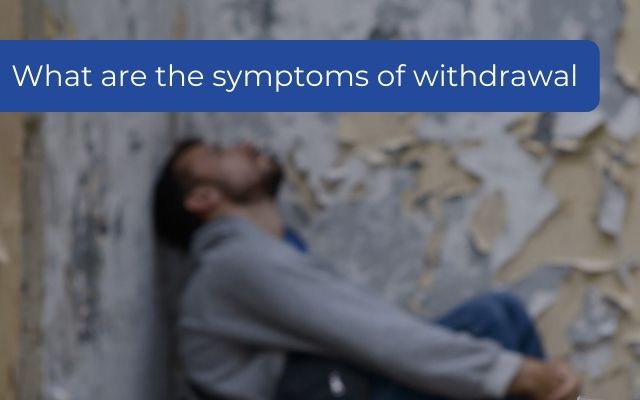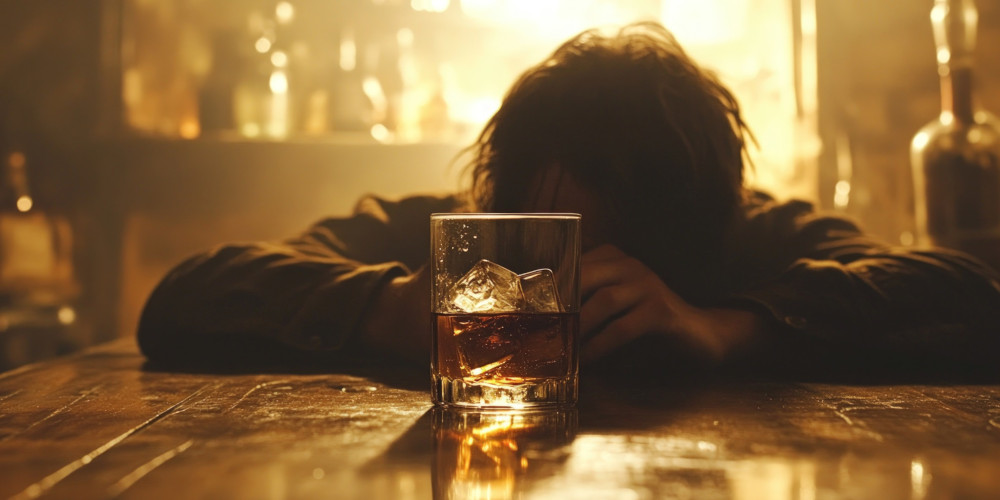
Why is withdrawal management and detox important?
Many people entering treatment for alcohol and other drugs require strict medically-assisted detox. In Gauteng, the latest data (for January to June 2020) shows that the primary drugs used by people entering rehabilitation treatment are:
- Marijuana or cannabis (34%)
- Heroin and opiates (32%)
- Alcohol (11%)
Though marijuana’s withdrawal symptoms are generally mild, withdrawal from heroin and alcohol can often be severe and, in some cases, life-threatening. Safe and medically-managed detox for these drugs can mean the difference between life and death.
Other drugs where proper detox can be life-saving include benzodiazepines (prescription anti-anxiety medication), GHB (a designer club drug) and codeine (a legally available opiate commonly found in cough mixtures and pain medication).
Cold turkey detox, or abruptly stopping substance abuse, from the above-mentioned drugs can not only be incredibly uncomfortable, making individuals feel sick, it can also be dangerous.
However, medical detox is important for many other drugs of abuse. It helps the body safely rid the drugs from its system. Detox is the first step in overcoming a substance use problem or addiction and should be followed by an evidence-based rehabilitation programme. Detox limits a person’s suffering and is helpful after they have made the difficult but important decision to stop substance abuse and get help.
Many people ask if they can be safely detoxed at home or outside a medical environment. It is always best to be assessed by a doctor before deciding to stop using a substance of abuse. This medical professional will be able to give an individual safe options for detox and withdrawal management.
This blog will help you identify when to get help for withdrawal symptoms for three of the most dangerous drug classes: Alcohol, opiates and benzodiazepines.
Signs and symptoms of alcohol withdrawal
A person who drinks high volumes of alcohol for weeks, months or years is at risk of experiencing withdrawal symptoms. If a person only drinks once in a while, he or she is unlikely to experience withdrawal symptoms. However, if a person has suffered from alcohol withdrawal symptoms in the past, they are much more likely to experience them again when they next stop using alcohol. Withdrawal is caused by how the brain has adapted to regular high volumes of alcohol and, when the alcohol is removed, the brain continues to function in this “keyed-up” or hyper “awake” state which results in negative symptoms.
Timeline of alcohol withdrawal symptoms
Six hours after the last drink typical withdrawal symptoms include:
- Anxiety
- Tremors (shaking hands)
- Headache
- Nausea and vomiting
- Insomnia
- Sweating
12 – 48 hours after the last drink a person may experience more serious symptoms:
- Hallucinations
- Seizures
48 hours – 7 days after the last drink a heavily addicted person is at risk of delirium tremens (DTs). This condition occurs in roughly 5% of people experiencing alcohol withdrawal, but DTs kills 1 in 20 people who have it, according to Harvard Medical School. Symptoms include:
- Severe hallucinations and delusions
- Confusion
- Racing heart
- High blood pressure
- Fever
- Heavy sweating
- Dehydration
- Loss of consciousness
If you know someone who is experiencing alcohol withdrawal, or who plans to quit heavy drinking abruptly, seek medical attention immediately. Make sure they are admitted to a medical detox programme. In the vast majority of cases properly-managed detox for alcohol prevents serious withdrawal symptoms. Preventing uncomfortable and dangerous withdrawal symptoms also increase the chances of a sustained recovery and long-term abstinence from alcohol.
Signs and symptoms of heroin or opiate withdrawal
Withdrawal symptoms from heroin or other opiates (for example codeine) is not usually life-threatening but it can be severely uncomfortable and difficult for a person to withstand without treatment.
Providing withdrawal management “in a way that reduces the discomfort of patients and shows empathy for patients can help to build trust between patients and treatment staff” thereby increasing the likelihood of long-term successful rehabilitation.
Detox for opiates consists of care and medication aimed at combatting each symptom.
Symptoms of opiate withdrawal include:
- Nausea and vomiting
- Anxiety
- Insomnia
- Hot and cold flushes
- Sweating
- Muscle cramps
- Watery discharge from eyes and nose
- Diarrhoea
Signs and symptoms of withdrawal from sedatives (benzodiazepines)
More and more people are seeking treatment for prescription drugs and sedatives are among the most common prescription drugs of abuse. Benzodiazepine withdrawal can be life-threatening. Common sedatives in this class are Valium and Xanax. Doctors usually take a person off these drugs slowly, tapering and reducing the dose slowly using the same drug or a different sedative. Do not quit these drugs cold-turkey or try to taper the drugs yourself. Medical professionals are needed to regularly check heart function and breathing during withdrawal from benzodiazepines.
Symptoms of withdrawal from benzodiazepines include:
- Delirium or detachment from reality
- Muscle spasms
- Anxiety
- Depression
- Aches and pains
- Abnormal body sensations
- Insomnia
- Nausea
- Seizures
Duration of withdrawal for common drugs
The duration of withdrawal symptoms varies and is dependent on the type of drug used:
- Alcohol: 5 – 7 days
- Benzodiazepines: 1 – 5 weeks
- Marijuana: 5 days
- Opioids: 4 – 10 days
- Long-acting opioids like methadone: 14 – 21 days
- Stimulants: 1 – 2 weeks
- GHB: 5 – 12 days
When to get help
It is always better to get help before withdrawal symptoms occur in order to prevent them and their consequences. If your loved one has not told you about their drug abuse or that they have stopped using substances, seek medical attention immediately if you notice any of the above-mentioned withdrawal symptoms.
Remember that alcohol, benzodiazepine, GHB and opiate withdrawal are the most important drugs that need medically-assisted detox to stop using.
There are many safe rehabs to detox people with substance abuse problems in South Africa.
There is always help and there is always hope and help available. Changes Rehab Johannesburg is here to guide and support you through each step.
Call 081-444-7000 or email [email protected] to get the help you need today.


